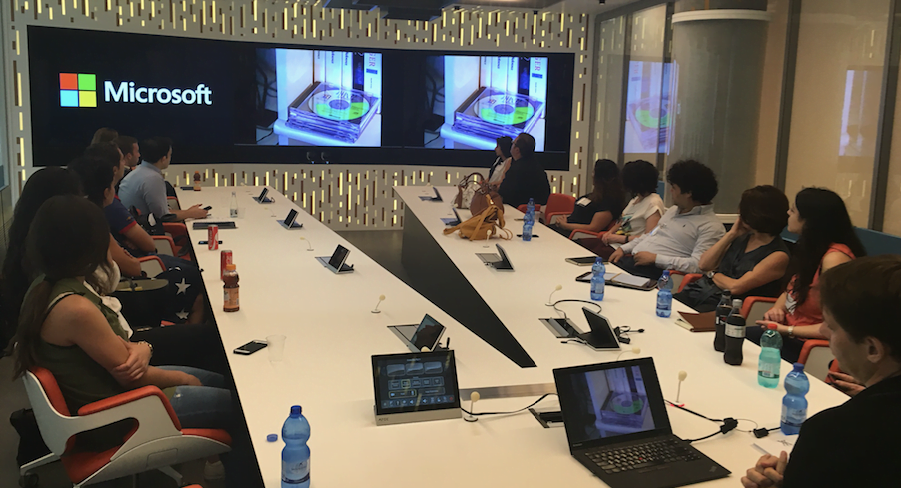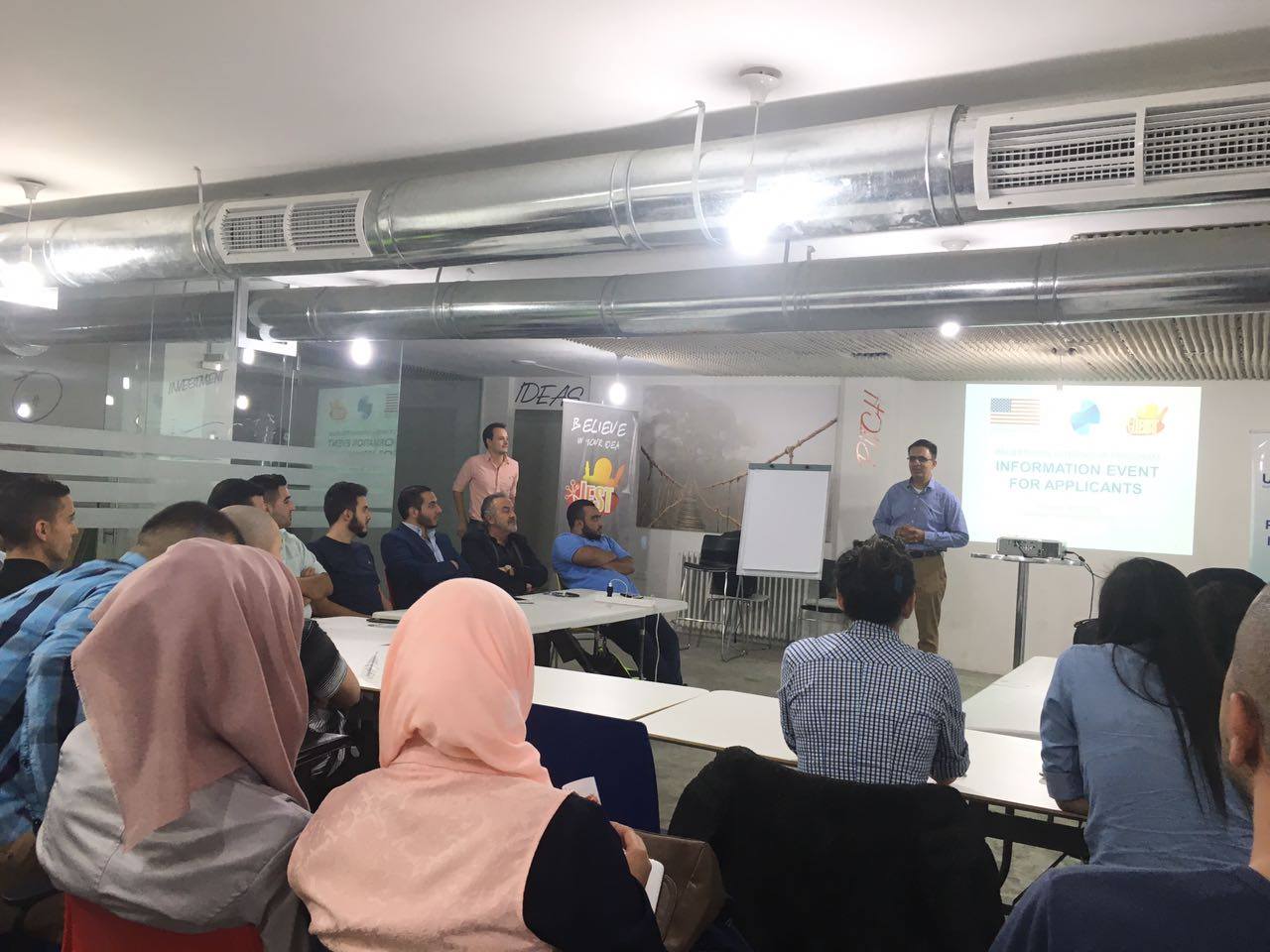This article was first published by The Times of Israel and was re-posted with permission.
When Sari Taha, 28, began his mechanical engineering degree at Birzeit University in the West Bank city of Ramallah, in the back of his mind he knew this would mean he’d be looking for a job in Saudi Arabia or the United Arab Emirates four years later.
Taha did not manage to land a job in the Gulf. Instead, he worked for a short stint in a local construction company before landing a job for six months in Nigeria. Afterwards, he returned home, to work in the restaurant management business. Finally, he decided he was going to go back to school to study business at the Technion Institute in Haifa.
SEE ALSO: Unique MIT-Backed Program Uses Technology To Bridge Gaps Between Israeli And Palestinian Youths

The city of Rawabi has been earmarked to host a new tech park. Photo via City of Rawabi’s Facebook page
Sari’s troubles are part of a much larger challenge for young Palestinians looking to break into the tech market.
Palestinian universities produce around 2,000 IT graduates annually, according to a 2014 Paltrade report. But there are not enough jobs for them in the West Bank, nor according to the report, are these graduates “adequately skilled” to work in the local Palestinian IT market. The result is that most grads need look for jobs in the Gulf. And competition there is fierce.
Fast-forward four years and Taha has sold his shares in a tech startup he cofounded and is now busy putting together the first-ever Palestinian tech park, which he hopes to transform into a Silicon Valley of the West Bank. The city of Rawabi — the first pre-planned Palestinian city touted as an example for what can be achieved in a future Palestinian state — has been earmarked to host the park.
Sign up for our free weekly newsletter
SubscribeSEE ALSO: Israelis, Palestinians Join Forces To Explore Local Flowers To Combat Cancer, Diabetes
The fortunes of Taha, an East Jerusalemite, were changed by the Palestinian Internship Program (PIP), a three-year old USAID funded initiative that handpicks Palestinian IT graduates and sends them on internships in multinational companies and Israeli startups.
The aim is for these Palestinian interns to soak up the knowledge of how to operate a successful and competitive tech startup and bring this knowledge back home to help build a Palestinian high-tech sector.
To read the full article, click here.
Photos: PIP, Rawabi City
Related posts

Editors’ & Readers’ Choice: 10 Favorite NoCamels Articles

Forward Facing: What Does The Future Hold For Israeli High-Tech?

Impact Innovation: Israeli Startups That Could Shape Our Future





Facebook comments